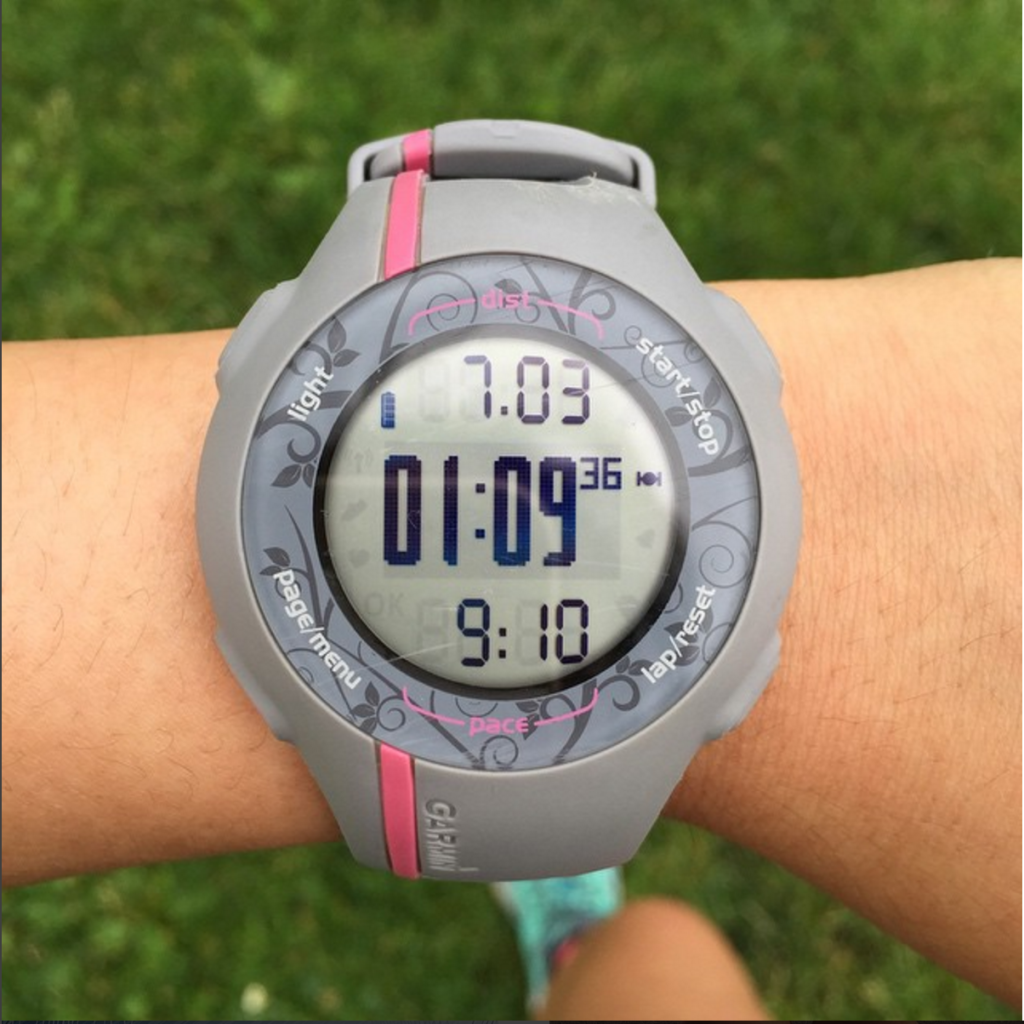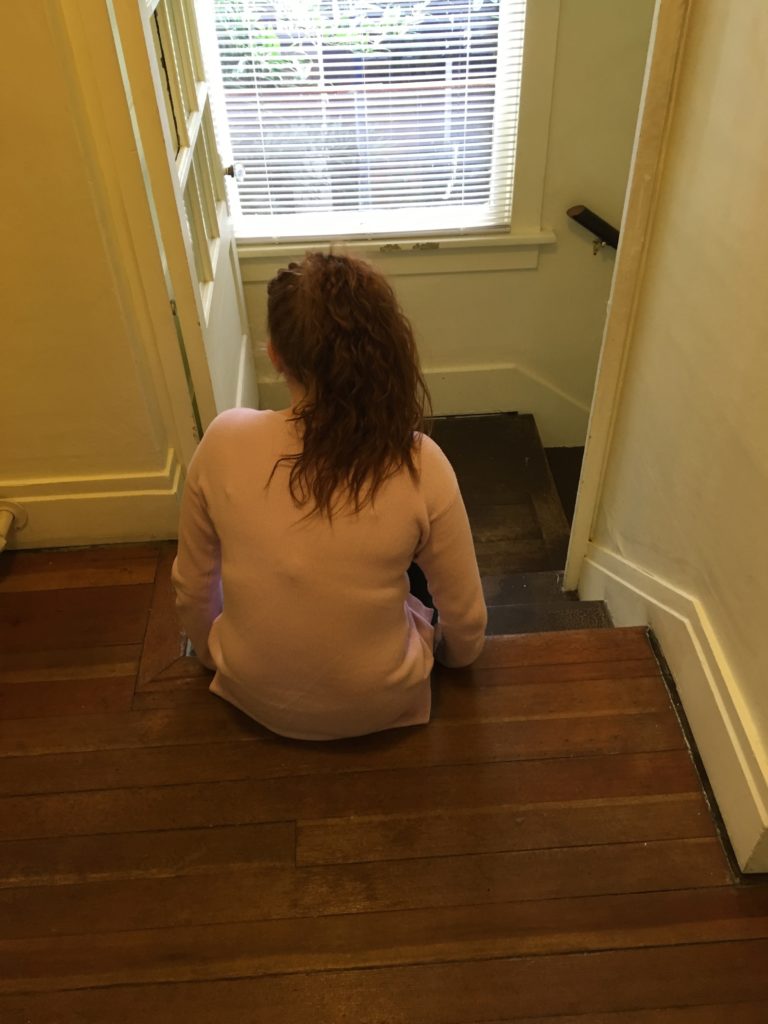You likely don’t know exactly what POTS is. You’ve probably never even heard of it. Or maybe your mind jumped straight to marijuana-induced hallucinations and bloodshot eyes.

Photo courtesy of tumblr.com
Don’t worry, you won’t get POTS from smoking weed. In fact, its not something you can “catch” from doing any of your normal activities. POTS stands for Postural Orthostatic Tachycardia Syndrome: it’s a form of dysautonomia that impacts between one and three million Americans, and millions more around the world.
Don’t understand all the medical jargon? Don’t worry, this condition is easy enough to understand.
Imagine that one day you start to feel sick. Not with a cold or the flu, but with something that you can’t quite put a name to. Your chest hurts a bit, and you feel a little weaker and dizzier than you usually do. But it’s not bad enough to keep you from your schoolwork or extracurriculars, so you ignore it and go on with your life.

Photo by Wendy Sun
But then things start to change. You begin to feel dizzy all the time, not just when you’re moving quickly or bending down. In fact, you have to hold onto something every time you get out of bed, or else you’d faint or collapse on the floor.
Your chest pains and breathing difficulties become worse, so you stop working out. Then you stop taking walks and standing for more than a few minutes at a time, because your legs turn purple each time that you do. Soon you can’t even put laundry away without feeling utterly exhausted.
What do you do? This clearly isn’t normal. You talk to the doctor, of course.

Photo courtesy of pixabay.com
Except the E.R. doctors, your general physician and even the neurologist can’t seem to find anything wrong. In fact, after cursory examinations and barely veiled implications that you must be a secret drug addict, they tell you flat out not to come back again. They say you’re lying. That you’re making it up.
They’re wrong.

Photo by John Deeter
Because soon it’s not just physical: your memory becomes so bad that sometimes you can’t remember what you had for breakfast, much less what you were supposed to have learned in class the day before. Though you were always articulate enough in the past, you now stumble and stutter whenever you talk to people. Your brain just can’t seem to form sentences properly anymore.
You find yourself wondering if you should start a journal so that you have something to depend on when your memory of birthdays, weddings and family conversations inevitably fails you. Except how would you understand your own writing? Half the time you think of a word and find yourself jotting down something completely different.
This is what POTS does to people. It doesn’t happen exactly this way to everyone. As is the case with many conditions, the symptoms vary from individual to individual. But it’s what happened to my sister. She has suffered through years of confusion and anxiety, years of rejection and depression. Years of creeping doubts that it might all be in her head after all.
But my sister is one of the strongest people I know. She has endured, she has struggled, and after all this time she has finally gotten a true diagnosis. POTS. is gaining more and more recognition in the medical world, and treatments are (gradually) becoming more advanced.
Nevertheless, anyone who has had experiences similar to my sister’s — anyone who has been denied and disbelieved in spite of their need for care and support — knows that you can’t always depend on others to know what is best for you and your health. That sometimes, you have to find the strength to stand up for yourself and your body’s needs no matter what others do or do not believe. Because it is your body. Your health, your life and your future. Protect it.

